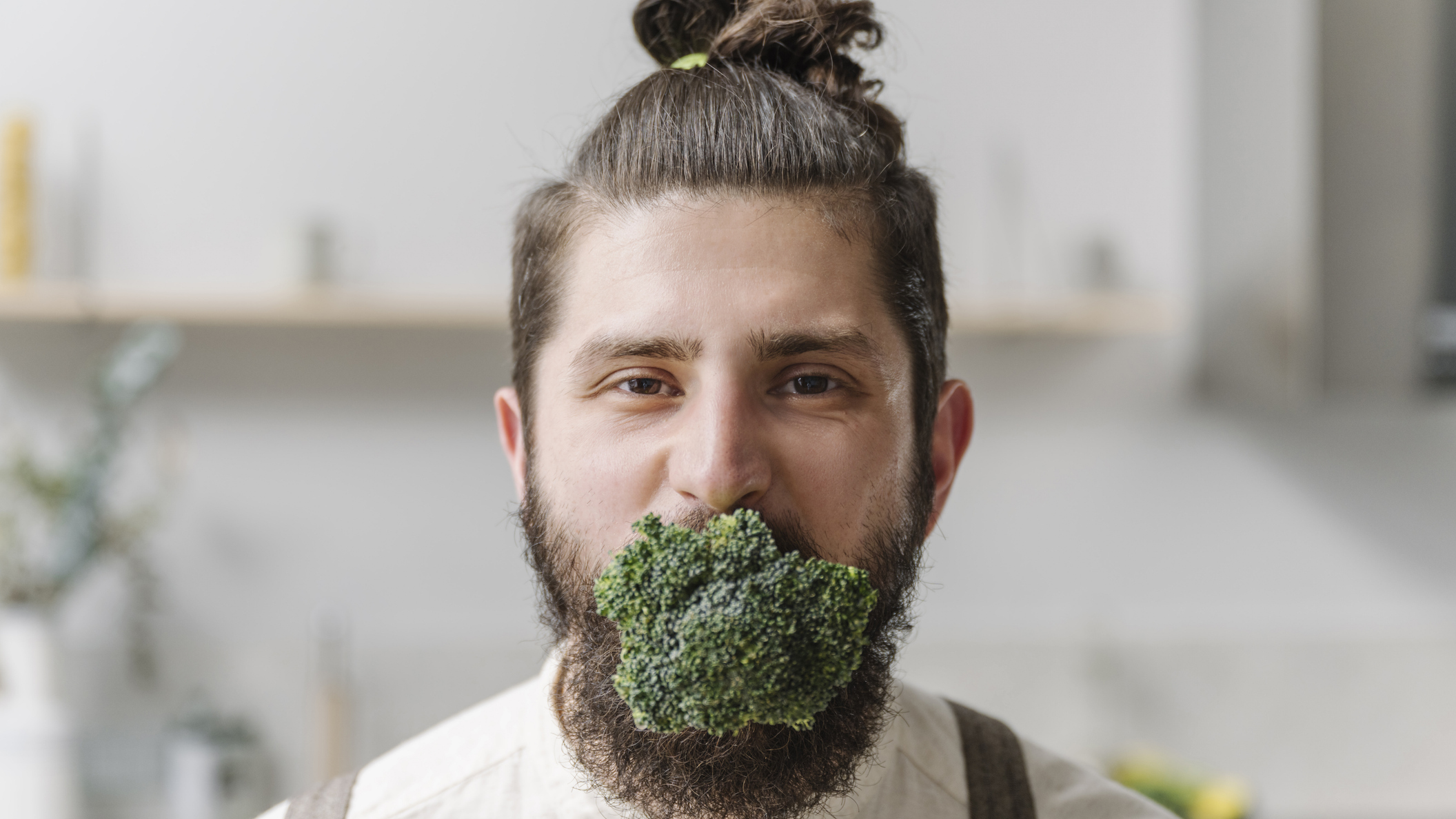
Start your week with achievable workout ideas, health tips and wellbeing advice in your inbox.
You are now subscribed
Your newsletter sign-up was successful
I don’t want to say that fibermaxxing is late to the party, but I was writing about the benefits of fiber-rich foods in 2022.
The social media trend, which shows how people add extra fiber to their diets, should be applauded for putting fiber in the spotlight—and I was reminded of how important this is in a recent conversation with Dr Karan Rajan, a medical doctor and founder of gut health supplement company LOAM.
“I think fiber is a very underrepresented and underrated nutrient for longevity,” says Rajan.
“Fiber feeds the bacteria in the gut, and then the gut bacteria produce vitamins, fatty acids and other nutrients that we can’t produce,” he says. “We need them to do some of the nutrient production for us and fiber is the currency we pay them to do all of that for us.”
But Rajan also pointed out something that gets lost if you’re just chasing your daily recommended fiber intake.
“It’s about not just the quantity of fiber,” says Rajan, “but also the quality and diversity you get as well. If you ask if it’s better to have 25g of fiber from six different types of plants or 30g just from broccoli? I would say the diversity is actually better in that case.”
“The main pillars of gut health would be things like soluble fibers, insoluble fibers and prebiotics,” says Rajan. He also stressed the importance of eating foods rich in polyphenols—a type of antioxidant—but adds that good sources of fiber generally also contain polyphenols.
Start your week with achievable workout ideas, health tips and wellbeing advice in your inbox.
“You can get all of these from mixed frozen berries, mixed frozen vegetables, beans and chickpeas—all things that are cheaply available,” he says.
“Beans are rich in slow-fermenting fibers, which make it all the way to the end of the colon before being digested by the bacteria at the end of the colon. So beans are one of the best sources of fiber you can incorporate into your diet.”
“Populations around the world that have the lowest disease burden and the most longevity are bean-consuming cultures; they have a rich diet of beans and legumes,” says Rajan.

Dr Karan Rajan is a medical doctor, with more than a decade of experience working as a surgeon for the NHS, and founder of gut health supplement company LOAM. He has more than two million followers on Instagram and is also the author of the No.1 Sunday Times Bestseller, This Book May Save Your Life.

Lou Mudge is a Health Writer at Future Plc, working across Fit&Well and Coach. She previously worked for Live Science, and regularly writes for Space.com and Pet's Radar. Based in Bath, UK, she has a passion for food, nutrition and health and is eager to demystify diet culture in order to make health and fitness accessible to everybody.
Multiple diagnoses in her early twenties sparked an interest in the gut-brain axis and the impact that diet and exercise can have on both physical and mental health. She was put on the FODMAP elimination diet during this time and learned to adapt recipes to fit these parameters, while retaining core flavors and textures, and now enjoys cooking for gut health.
You must confirm your public display name before commenting
Please logout and then login again, you will then be prompted to enter your display name.
